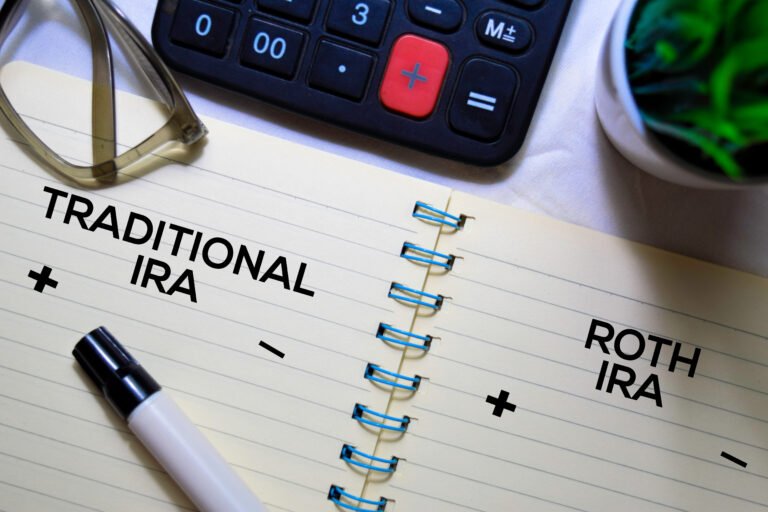You have heard the term financial freedom before, but what does it mean? Financial freedom is having enough savings, investments and cash to afford the life you want to live without having to work. Financial freedom allows you to make financial decisions and manage expenses without being overly concerned. This blog will outline five financial basics everyone should be aware of when starting down the path to financial freedom.
Establish Goals
Setting goals is essential to achieving financial success. What are you saving for if you have no goals? When creating your goals, visualize what you want your life to look like in the short-, mid-, and long-term. Not only should you think about what you want, but why you want it. Attaching reasons to your goals will fuel the motivation to accomplish them. It is important to establish “SMART” goals. “SMART” goals help you focus your efforts and increase your chances of achieving the life you want.
Establish a Budget
Budgeting is one of the most effective tools for saving money. Many young adults strive to reach financial freedom, but do not know if they are spending too much or saving too little. Creating a budget helps answer these questions. Start by tracking your money for a few months. An easy way to do this is to download a budget app. I personally use Simplifi, but there are many budget tools available. Break down your spending into categories that work for you. For example, student loans, subscriptions, groceries and entertainment are a few I use. After you have established a spending plan, look at your goals. Which goals should you start saving for now? Where can you cut spending to achieve these goals faster? Should you consider starting to live below your means to allow you to save more to reach your goals? One of the keys to budgeting is staying positive. There will be months when you stray from your goals. If you spend too much on entertainment in one month, cut back the next month. The goal for budgeting is not to be perfect, but to be consistent.
Establish an Emergency Fund
An emergency fund is money you set aside for an unforeseen and unexpected needs. A car accident, hospital visit, job loss (especially during times like 2020) are all examples of unforeseen needs. Buying a new pair of expensive shoes “you just absolutely need” is not an emergency that falls within this category. Sorry! An emergency fund should cover 3 to 6 months of living expenses. If you live in a two-income household, with stable income, a 3-month emergency fund should be adequate. If you live in a single-income household or do not earn stable income, a 6-month emergency fund is the ideal goal. Look at your budget to determine what type of emergency fund works for you.
Start Investing Now
I have talked before about the benefits of investing from an early age before. Over a 20-year period, investments in the stock marker have achieved a positive return 100% of the time. Before you start investing, look at your budget to see how much you can afford to invest. Enroll in your company’s retirement plan or create an investment account that is automatically funded. Ideally, these funds are taken out of your paycheck, so they never touch your wallet. By automatically funding your account, you lose the temptation to spend rather than invest. Out of sight, out of mind. It is important to pay yourself first so you can reach financial freedom later. If you are an inexperienced investor, work with a financial advisor to create a strategic investment strategy.
Stay on Top of Debt
If you are like many individuals, debt is a part of your financial outlook. It is not bad to have debt. Allowing debt to pile up and consume you is what you should try to avoid. If you want to achieve financial freedom, managing your debt is key. If you currently have outstanding debt, there are a multitude of debt payment strategies. Some common strategies are debt snowball, debt avalanche and debt consolidation. Find a strategy that works for you and stick to it!
Achieving financial freedom is not a short-term endeavor. It takes hard work, commitment, and sacrifices. All your hard work will be worth it when you no longer sweat the unexpected emergencies and you are living the life you want to live!



